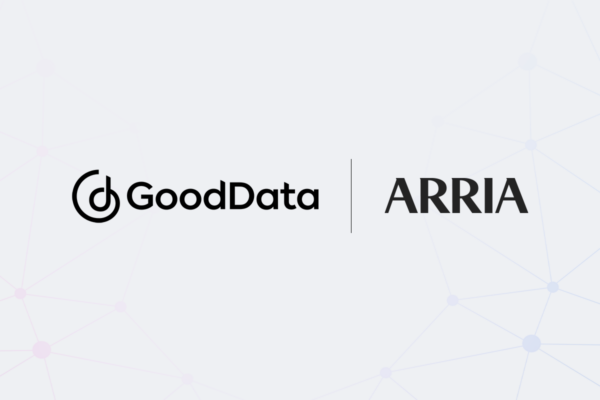
Press coverage of Natural Language Generation (NLG) tends to suggest that writing as a physical, human activity, with fingers on a keyboard and coffee rings on printed drafts, is an antiquated trade, sort of like Elevator Operator. Remind me again why we need you? So, it is understandable that many traditional writers and analysts might at first feel threatened by the technology. They may also notice that product managers—rarely professional writers themselves—sometimes approach NLG as a technological puzzle rather than a writing assignment, which is exactly what it is. Language—whether written or spoken—is the final and, indeed, the only expression of the entire endeavor.
Traditional writers should not merely chin up at that fact, they should embrace NLG as a wonderful, unanticipated opportunity to expand their skill sets and boost their careers. Unexpectedly, their “old school” skills have made them the central players for all implementations of NLG, an advanced subset of AI. No one saw that coming back in freshman English.
Here are five reasons traditional writers and analysts should embrace NLG:
It’s Creative and Fun
Writing modular linguistic components for conditional assembly based on underlying data is a highly creative skill. All the lexical variations and decision-making available to you as you write reports one at a time are available to you as you write thousands of reports at a time. With your subject matter expertise, and your knowledge of the dataset and likely edge cases, you’ll be able to produce prose that is distinct from report to report, and from situation to situation, and each of those thousands of reports will look as if you wrote it, because you did.
They Can’t Do This Without You
Far from marginalizing you, the NLG project puts you front and center of one of the hottest AI technologies today. It’s not a threat but a pedestal. NLG stands to make writers and writing more important to businesses.
You’ll Expand Your Output
NLG is not just for reports that are currently being produced manually. It’s also for reports that aren’t being produced at all, due to the necessary triage and prioritization associated with manual document production. You and your team of writers can’t possibly analyze all the data and write all the reports that you would write if time were no object. Guess what: With NLG, time is no object. It’s satisfying to see your work produced in previously unimaginable volume. It’s rewarding to see your organization benefit from the additional insights that your work uncovers.
You’ll Have Time for Higher Value Writing
In writing structurally similar, repetitive reports at regular intervals, you’re not exactly using your entire skill set, are you? Once you use your expertise to create an NLG project to automate these reports, you’ll multiply your output and free yourself up for higher level writing.
You’ll Learn a New, Highly Marketable Skill
According to Gartner Group, by 2022, 25% of firms will be using some form of Natural Language technology. That’s good news for writers and analysts. Once you master Arria’s NLG platform, which is designed to be easy to master, you’ll be able to take that skill to many other companies. Remember that Arria’s approach to NLG is to make the technology easy-to-use and available to everyone, while putting sophisticated language functions in your hands, along with powerful computational functions that give you all the analytical tools you need to support your prose.
Frankly, if you’re a traditional writer or analyst producing manual reports to explain structured data sets, and your manager has not suggested looking into NLG, you should take the lead by suggesting it to your manager. It’s easy to get started. Begin a free trial today.



